Visiting the dentist can be daunting. What with randomly interspersed whirring sounds to not knowing exactly what is wrong in your mouth while sharp instruments poke at your gums and teeth, it is no wonder that kids and adults can be apprehensive about a dental visit.
Of course, dental check-ups and procedures are not limited to children. Adults should ideally have their teeth checked at least twice a year to ensure that everything is in good shape.
While tooth extractions are much less frequently required in adults since adult teeth are meant to be permanent, extractions are sometimes necessary anyway. Should you have gum disease or issues with your teeth such as crowding, damage from trauma, infection or decay or perhaps the painful eruption of wisdom teeth, tooth extraction might be the best course of action.
Having a tooth removed is only the beginning of the solution, however. Although the problem will be gone, you still need time to heal from the extraction procedure. Aftercare is vital after tooth extractions.
Here are some tips on navigating the recovery process as painless as possible.
Table of Contents
Stop the Bleeding
After your procedure, a gauze pad will be placed where your tooth used to be. You will be asked to keep the gauze there until the bleeding stops. You will most likely be given an estimate on how long the bleeding will last. Bleeding can last from half an hour to upwards of three hours.
To promote an end to the bleeding, gently apply pressure on the gauze by biting it. You do not have to use too much force with this as it might just make your jaw sore instead. Change the gauze if it gets too soaked. Otherwise, keep it in there until the bleeding stops.
Ice
Using an ice pack on the affected area can help to reduce pain and swelling. Be careful not to use it for too long. While the numbing effect may help you feel better, icing for extended periods can cause tissue damage.
Be sure to remove the ice after 10 minutes and reapply as needed after a further 10 minutes.
Follow Instructions
Your dentist knows what they are talking about and will provide you with the best-recommended aftercare. That said, you should take any prescribed pain medication and antibiotics as instructed. One of the most important of these care tips is not to smoke.
Be Gentle
It is preferable to take a few days of rest after a tooth extraction procedure. While you may not be obstructed from physical or mental work, the pain and tenderness from your mouth can still put you in a negative headspace.
While recuperating extra care should be taken with your mouth. Forceful actions should be avoided, such as spitting and rinsing. Brushing and flossing your teeth as usual is advised, but do avoid the extraction site. Using a straw can also disturb the blood clot.
Be Careful What You Eat
Soft foods are the optimal choice for post-tooth removal. Filling and nutritious options such as soup, broth, congee, and yoghurt will be your best friends for the next couple of days.
Hard foods can interfere with and hurt the healing site. Give yourself the chance of a quick recovery by sticking to the soft food option.
Mouth Rinse
One day after your procedure, do a rinse of salt solution. To prepare, add half a teaspoon of salt to approximately 8 ounces of water. Doing this several times a day can help with the healing process.
Elevate Your Head
To aid in healing and speed up the process, prop your head up when you sleep or lie down. Whatever you do, take care not to lie down flat as this can prolong the time required for you to feel better.
Image Pexels License CCO


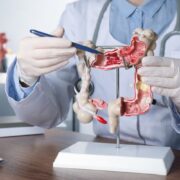

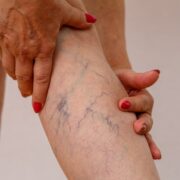
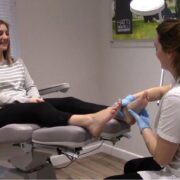


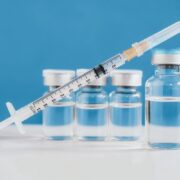

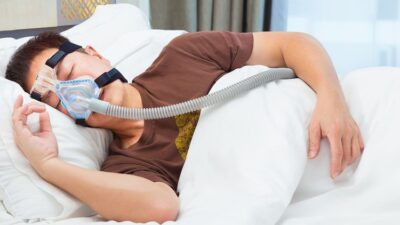
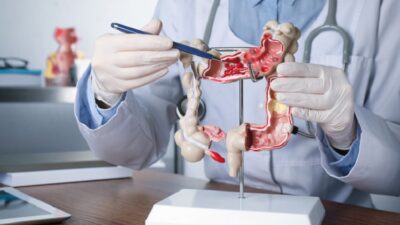

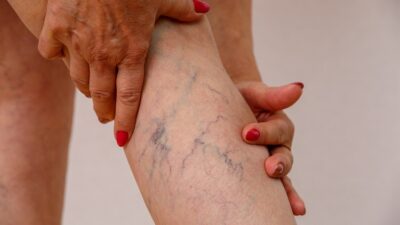
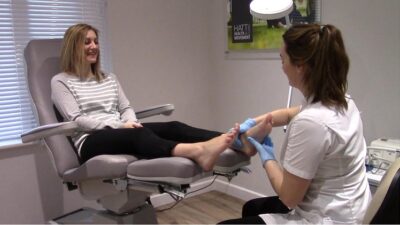

Comments